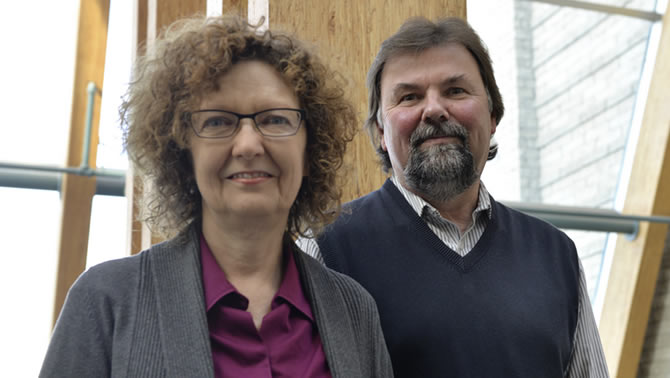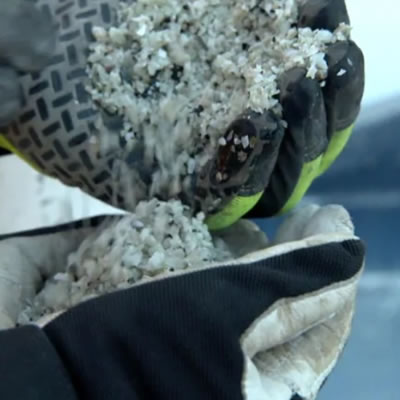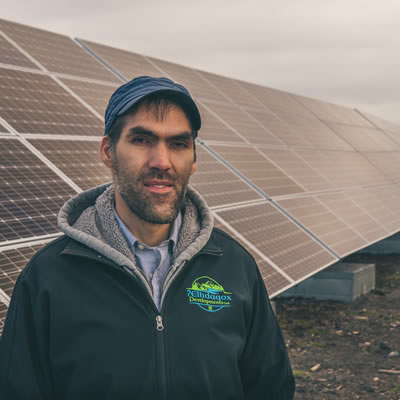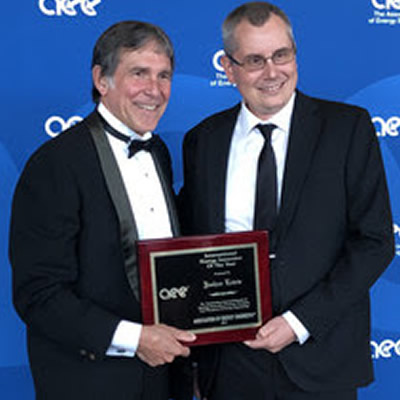New research project examines the power of fossil fuel networks

Economics Professors Dr. Fiona MacPhail and Dr. Paul Bowles. — Photo courtesy unbc.ca
Prince George, BC – Two University of Northern British Columbia economists are part of a team of 28 academic researchers from a dozen universities, civil society organizations and Aboriginal participants examining the corporate and community dimensions of fossil fuel extraction in Western Canada.
UNBC Economics Professors Dr. Fiona MacPhail and Dr. Paul Bowles are working on the six-year project titled Mapping the Power of the Carbon-Extractive Corporate Resource Sector. Hosted by the University of Victoria, the partnership is jointly led by the University of Victoria, the BC and Saskatchewan offices of the Canadian Centre for Policy and the Parkland Institute at the University of Alberta.
The project will be supported through a $2.5 million research grant from the Social Sciences and Humanities Research Council (SSHRC) and $2 million in matching contributions. SSHRC Partnership Grants support formal partnerships between universities and other partners to improve understanding of critical issues of intellectual, social, economic and cultural significance.
“This project is an excellent example of how partnerships between academic institutions and other organizations can help us achieve a better understanding of complex questions,” says UNBC Interim Vice-President Research Dr. Geoff Payne. “The support of the Social Sciences and Humanities Research Council helps UNBC researchers continue to bring a northern perspective to issues of regional, national and global importance.”
Bowles and MacPhail will focus on how resources from Western Canada get from the ground to their final markets and the economic, social and environmental issues connected with this process. Of particular interest is the meaning of social license from the perspectives of people affected by the extraction of carbon resources.
“Fossil fuel extraction has been accelerating, however, there is disagreement over pace, benefits and consequences,” says MacPhail.
The project will focus in four key areas: a systematic mapping of how the carbon-extractive industry is organized; an analysis of the sector’s influence on public debates and policy making; case studies of contentious flashpoints; and the development of an open source, publicly accessible corporate database along with a training program for citizens and civil society groups.
“It is vital that Northern BC be part of this broader discussion as we can clearly see the impacts positive and negative around us every day,” says Bowles.
The grant will support two full-time graduate research assistantships at UNBC.




